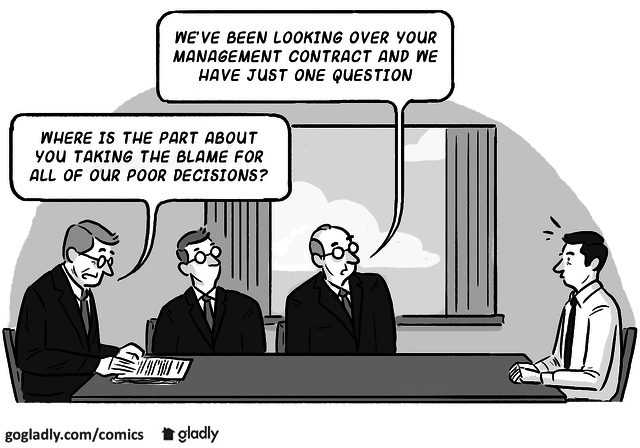“If you’re only looking for the lowest price, we are probably not the right choice for you.”
Without trying to sound arrogant or elitist, I have made this statement many times to prospective customers. While we may indeed end up having a lower price depending on who is the current provider and the other companies submitting bids, that is not our focus. We don’t want to win your business on price and be a vendor. We want to be your HOA partner.
The Difference
A vendor bids on your goods and services and both sides try to squeeze as much profit as they can from each other. A partner listens to your needs and proposes the best solution to address them. Dealing with a vendor is transactional. A partner wants a long-term business relationship, not a quick sale and quick exit.
Our company has many valued customers that have been with us for 15, 20 and even 30+ years. We know that sustainable business growth does not come from a few years of transactions and then a quick exit. We are looking for long-term relationships based on trust.
It’s About Trust
With a partner, trust is supreme. In his book The Speed of Trust Stephen Covey asserts, “the ability to establish, extend, and restore trust with all stakeholders – customers, business partners, investors, and coworkers – is the key leadership competency of the new, global economy. Leaders are rediscovering trust as they see it with new eyes. Looking beyond the common view of trust as a soft, social virtue, they’re learning to see it as a critical, highly relevant, performance multiplier.”
A Senior Vice-President of a Fortune 500 company once told me, “there are really only two kinds of suppliers- those you try to move business toward and those that you try to move it away.” He meant that when you find a trusted partner, you look for opportunities to do more business with them. Even if the trusted partner makes a mistake, they get a chance to explain and an opportunity to correct the problem. The vendor gets dropped.
Kristin Runyan, a technology blogger, describes another way to tell if you are dealing with a vendor or a partner. When a potential supplier is presenting options to you and you ask for their recommendation, they should not reply “‘well, that is really up to you.” Yes, you will make the final decision, but you want their opinion. You expect that they have other clients who have faced similar challenges and will have some expertise to share. That is why you invited them in to begin with.
Runyan further adds that a partner will share the pros and cons of several available options and brainstorm the best way to solve your problem. The more time they take to get to know your business and how to best implement their solution, the more of a partner they will be to you. In other words, when the question of “what do you recommend?” comes up, they answer it correctly.
As a provider of goods and services, the question you need to answer is this: do you want to be a vendor or partner?
- Desperately Seeking Conflict - June 14, 2019
- The Role of HOA Management — Hang Up Your Super Suit - December 13, 2018
- Jerry Springer is NOT on the Agenda!
Taking Control of HOA Meeting Conduct - May 16, 2018



 Help
Help
I have APP with HOA.
APP (Acronym Pet Peeve)